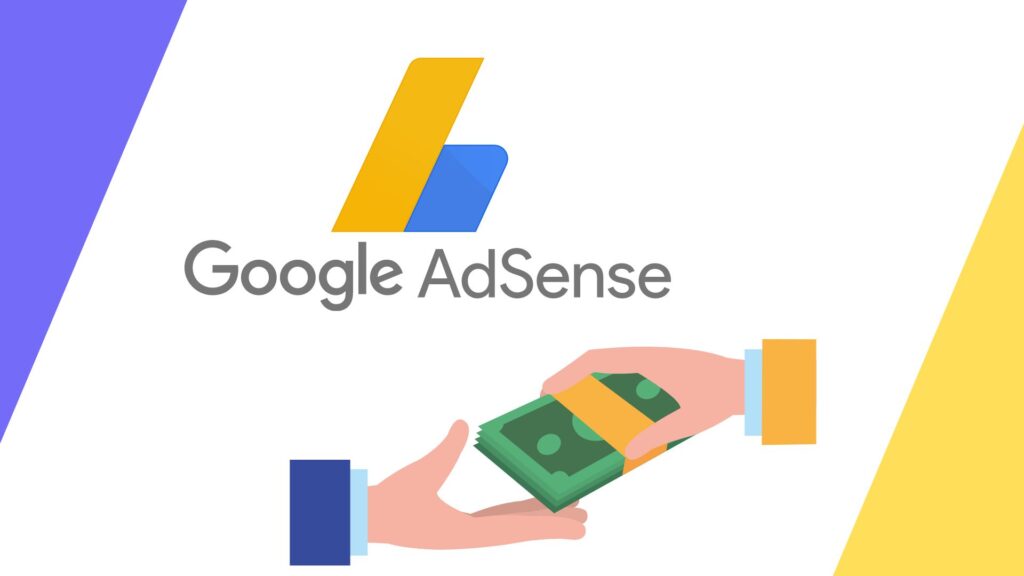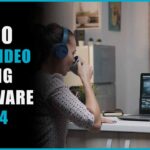In today’s digital age, blogging has become a popular medium for sharing information, opinions, and experiences. But what exactly is blogging? In this comprehensive guide, we’ll explore the concept of blogging, its history, its benefits, and how you can start your own blog. Whether you’re looking to share your passion, build a business, or connect with others, blogging offers a powerful platform to achieve your goals.
What is Blogging?
Blogging refers to the act of writing and publishing content on a blog, which is a regularly updated website or web page. Blogs are typically run by individuals or small groups, and they cover a wide range of topics, from personal diaries and lifestyle tips to professional advice and industry news.
Key Components of a Blog
- Posts: The individual articles or entries that make up the blog.
- Categories: Groupings of posts by similar topics.
- Tags: Keywords associated with posts to aid in search and organization.
- Comments: Sections where readers can leave feedback and interact with the author.
The History of Blogging
Blogging has evolved significantly since its inception in the late 1990s. Originally, blogs were personal online journals where individuals shared their thoughts and experiences. Over time, blogging platforms like Blogger and WordPress emerged, making it easier for people to create and manage their own blogs. Today, blogs are a mainstream part of the internet, with millions of active blogs covering an infinite array of subjects.
Milestones in Blogging History
- 1994: The first recognized blog, created by Justin Hall.
- 1999: The launch of Blogger and LiveJournal.
- 2003: WordPress is released, becoming one of the most popular blogging platforms.
- 2004: The term “blog” becomes Merriam-Webster’s Word of the Year.
Benefits of Blogging
Blogging offers numerous benefits, both personal and professional. Here are some key advantages:
Personal Benefits
- Creative Outlet: Blogging allows you to express your thoughts and creativity.
- Improved Writing Skills: Regular blogging can enhance your writing and communication abilities.
- Community Building: Connect with like-minded individuals and build a supportive network.
Professional Benefits
- Brand Building: Establish yourself or your business as an authority in your field.
- SEO Benefits: Regularly updated blogs can improve your website’s search engine ranking.
- Monetization Opportunities: Earn money through ads, sponsored posts, and affiliate marketing.
How to Start a Blog
Starting a blog may seem daunting, but it can be broken down into simple steps. Here’s a basic guide to get you started:
1. Choose a Niche
Select a topic you are passionate about and knowledgeable in. A focused niche helps attract a dedicated audience.
2. Pick a Blogging Platform
Popular options include WordPress, Blogger, and Medium. Each platform has its own features, so choose one that fits your needs.
3. Choose a Domain Name
Your domain name should be unique, easy to remember, and relevant to your blog’s content.
4. Set Up Hosting
If you choose a self-hosted platform like WordPress.org, you’ll need to purchase hosting from a provider like Bluehost or SiteGround.
5. Design Your Blog
Select a theme and customize your blog’s appearance to make it visually appealing and user-friendly.
6. Create Content
Start writing posts that are informative, engaging, and valuable to your audience. Use a mix of text, images, and multimedia to enhance your content.
7. Promote Your Blog
Share your posts on social media, engage with other bloggers, and use SEO techniques to increase your blog’s visibility.
SEO Tips for Bloggers
Search engine optimization (SEO) is crucial for driving traffic to your blog. Here are some tips to help you optimize your content:
Keyword Research
Identify relevant keywords and incorporate them naturally into your posts. Tools like Google Keyword Planner and SEMrush can help you find popular keywords in your niche.
Quality Content
Create high-quality, original content that provides value to your readers. Longer posts (1,000+ words) tend to perform better in search rankings.
On-Page SEO
Optimize your post titles, headings, meta descriptions, and images. Use internal and external links to enhance the user experience and improve your blog’s authority.
Mobile Optimization
Ensure your blog is mobile-friendly, as a significant portion of web traffic comes from mobile devices.
Regular Updates
Update your blog regularly with fresh content to keep your audience engaged and improve your search engine ranking.
Conclusion: The Power of Blogging
Blogging is a versatile and powerful tool for sharing information, building communities, and even making money. Whether you’re looking to start a personal blog or create content for your business, understanding the fundamentals of blogging and SEO can help you succeed. By choosing the right niche, creating valuable content, and promoting your blog effectively, you can build a successful and influential online presence.
FAQs
1. What is a blog?
- A blog is a regularly updated website or web page where individuals or groups publish articles on various topics.
2. How do bloggers make money?
- Bloggers can earn money through ads, sponsored posts, affiliate marketing, and selling products or services.
3. Do I need technical skills to start a blog?
- Basic technical skills are helpful, but many blogging platforms are user-friendly and offer support to help you get started.
4. How often should I update my blog?
- Regular updates are important. Aim for at least one new post per week to keep your audience engaged and improve SEO.
5. Can I blog about more than one topic?
- Yes, but it’s best to have a clear niche to attract a dedicated audience. If you cover multiple topics, try to categorize them clearly.


